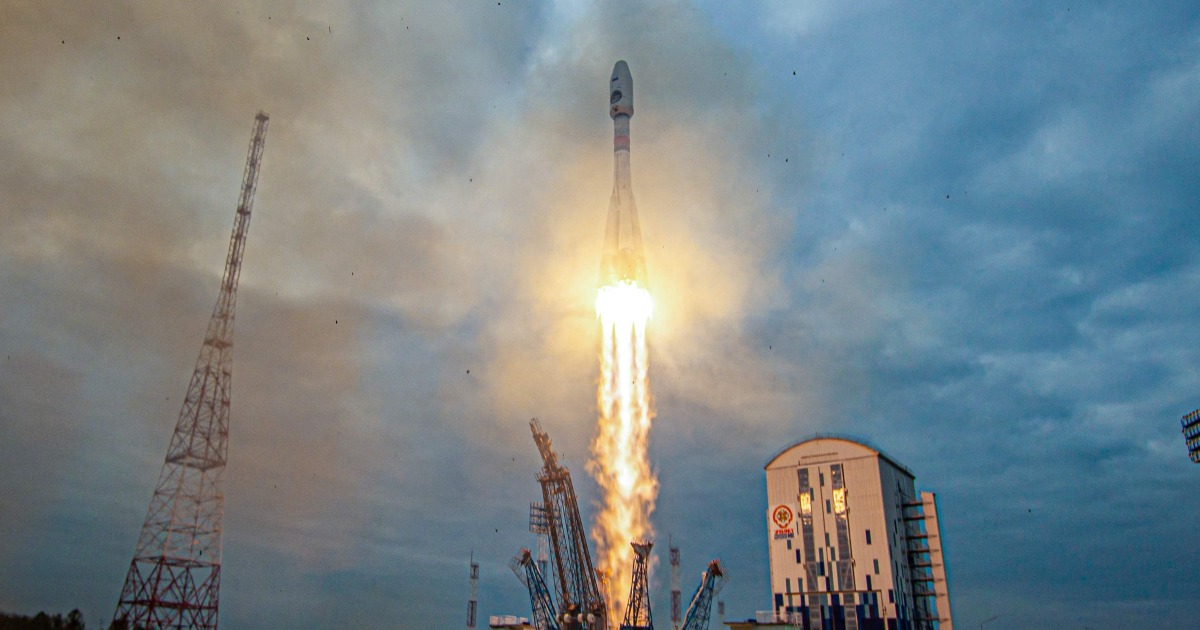
The space race is back on, now with more countries competing.
Roughly six decades after the Soviet Union and United States raced each other to get to the moon, a new competition has emerged. This time around the focus is on the lunar south pole, where scientists have detected traces of water ice.
Russia last week launched its first moon-landing spacecraft in 47 years; it’s expected to touch down in the area in the coming days. India isn’t far behind, with the goal of having a lander touch down on Aug. 23.
The U.S., meanwhile, is rushing to be the first country to land astronauts at the site, with a crewed mission planned for 2025. China is also planning missions to the area, with and without astronauts, before the end of the decade.
The area is coveted because the presence of water could be used for rocket fuel. It could also help establish a permanent base on the moon and serve as a launchpad to Mars and beyond.
NASA Administrator Bill Nelson told NBC News the area is far more treacherous than the site of the first moon landing in 1969.
“It’s not like what you saw where Neil [Armstrong] and Buzz [Aldrin] were landing, constantly lit from the sun, a few craters here and there,” Nelson said.
“The south pole of the moon is pockmarked with deep craters. And because of the angle of the sun coming in, most of those craters are in total darkness the entire time, so it lessens the amount of area that you can actually land on and utilize,” he said.
“If indeed we find water in abundance there, that could be utilized for future crews and spacecraft,” Nelson added.
The U.S. space agency is preparing for a return to the moon’s surface with the Artemis II mission next year, where astronauts will orbit the moon ahead of a planned 2025 landing.
Nelson said he wished Russia well with its current mission, noting the two countries have a long history of cooperation when it comes to space travel.
There is a potential dark side of the moon race if the U.S. isn’t the first country to land astronauts in the desired area. Nelson said he has concerns that China could try claim the territory if it gets there first.
“I don’t want China to get to the south pole first with humans and then say, ‘This is ours, stay out,'” Nelson said, noting that the U.S. is part of a multinational agreement to share resources in space. China is not.
“I think the space race is really between us and China, and we need to protect the interests of the international community,” Nelson said.
Source: | This article originally belongs to Nbcnews.com










